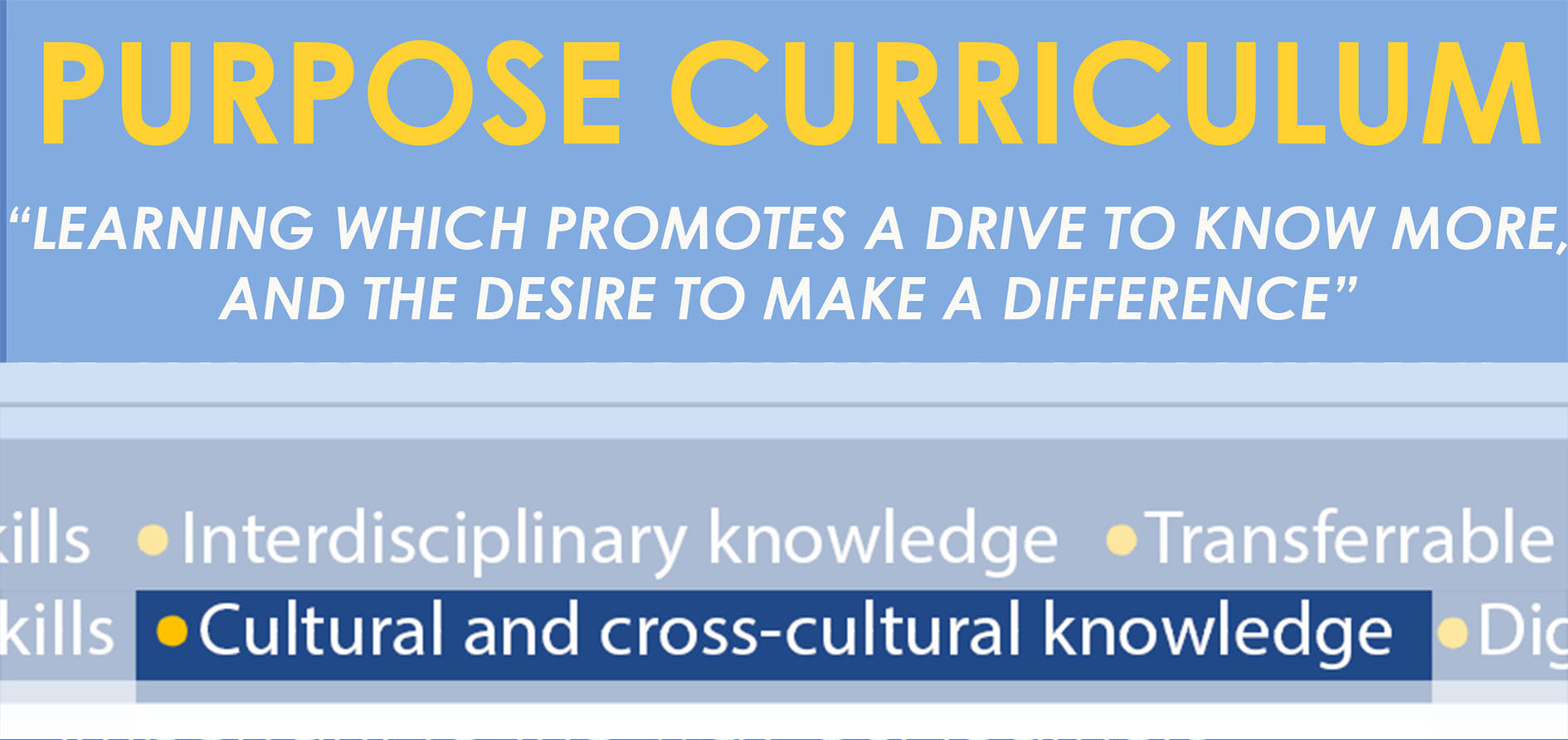Cultural and Cross-cultural knowledge
Students learn when they feel safe, secure and seen. As teachers we have to reach classes of students from diverse backgrounds, experiences and prior knowledge. We do this by not just “teaching to the middle” but ensuring all learners are able to access learning, both through what is taught, and also how it is taught.
Building effective, learning-focused relationships is the bedrock of learning, and stems from personal connection between the teacher and the learner. In Pacific culture, this means being aware of the va between us.
Both the teachers and the students are equally responsible for maintaining the va.
This concept of equal responsibility is an interesting idea.
Teaching is not monologic – it is not merely the passing down of information from the teacher to the learner. If we are to nurture active, curious learners, upholding the goal of delivering “Learning which promotes a desire to know more” (SMC Learning Framework), we must see teaching and learning as dialogic.
In te ao Māori, the concept of ako means both to teach and to learn. It recognises the knowledge that both teachers and learners bring to learning interactions, and it acknowledges the way that new knowledge and understandings can grow out of shared learning experiences.
The principle of ako affirms the value of pair and group learning approaches in which students interact with their peers and their teacher.
Embracing the principle of ako enables teachers to build caring and inclusive learning communities where each person feels that their contribution is valued and that they can participate to their full potential.
This is not about people simply getting along socially; it is about building productive relationships, both between teacher and students and also among students, where everyone is empowered to learn with and from each other.
We all have responsibility to nurture the va between us. For this to be done effectively, we need not only our teachers, but also our students to be both culturally located, and culturally aware, in order to respect and connect with others.
It is when our learners have both Cultural and Cross-cultural knowledge (SMC Learning Framework) that they can be empowered to flourish in their learning and in life beyond our classrooms.

